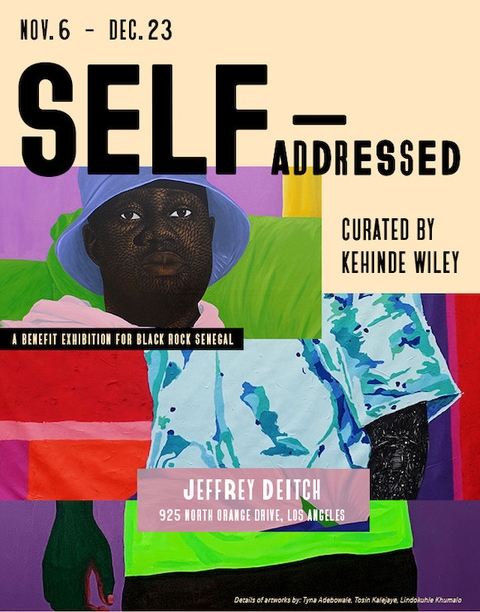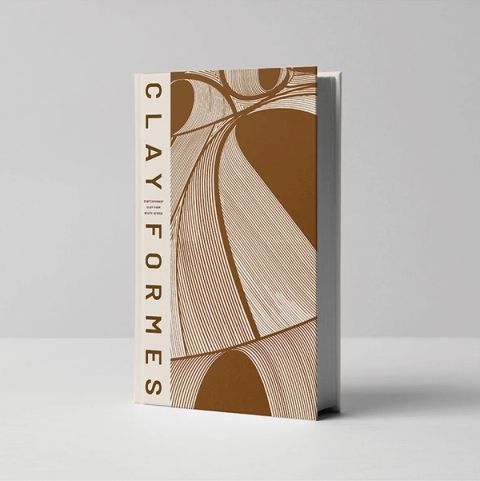000%

Watch: Zizipho Poswa’s powerful tribute to African womanhood
4 May 2021 (3 min) read
"My inspiration comes from my culture, and from the path I have walked as a woman."
Artist Zizipho Poswa pays tribute to the strength of African women in this short film presented by Southern Guild, in cooperation with BMW South Africa. The film accompanies Poswa’s solo exhibition, iLobola, a series of iconic ceramic and bronze sculptures that re-enact the symbolism and rituals at the heart of the longstanding African tradition of lobola, or bride-wealth.
The film is a poetic interpretation of Poswa’s work and a powerful celebration of femininity. With creative direction by fashion designer Rich Mnisi, it was filmed by Ross Hillier and features snippets of a verbal lobola negotiation in isiXhosa.
The lobola process is rooted in the symbolic value that cattle carry in Xhosa culture, which are used as a form of payment to the bride’s family after a process of negotiation. More recently, cows are often replaced by a monetary payment – leading the practice to sometimes be viewed as more commercial in nature. But this obscures the primary purpose of lobola, says Poswa – that of ukwakhiwa kobuhlobo, the building of relations between the two families.
Each of the 12 large-scale sculptures in iLobola are named after a different role-player or aspect of the lobola process. At the centre are uMakoti (Bride) and uMyeni (Groom), which are joined by uMamazala (Mother-in-law) and uTatazala (Father-in-law). After breaking the ice with some introductory gifts such as iMvulamlomo (Brandy Offering), a trio of negotiators – uNozakuzaku I, II and III – works out the size of the final herd of cattle that will be gifted to the bride’s family.
Some contemporary critics bristle at the idea of a bride price as it seems to disempower and objectify women, but Poswa’s stance overrides this perception. Her work is largely dedicated to celebrating the resilience and life-affirming role that African mothers and women in general play. She marries sensuality and strength in a sculptural vocabulary that is voluptuous in shape, and imposing in scale.
“My inspiration comes from my culture, and from the path I have walked as a woman,” Poswa says. “I am the woman I am because of my heritage. The gifts I’ve been given and sacrifices I have made have brought me to this moment. I stand in tribute to the other women who have shared the load.”
Born in 1979 in the town of Mthatha in the Eastern Cape province, Poswa studied surface design at the Cape Peninsula University of Technology. She draws on this knowledge to amalgamate the visual stimuli she encounters in her daily life into a simplified pattern language. In 2006, she and fellow ceramicist Andile Dyalvane opened their studio, Imiso Ceramics (Imiso meaning “tomorrow”).
Poswa’s ceramics have attracted strong interest from international collectors and can be found in important private and corporate collections in South Africa and around the world. Her work was recently acquired by the Los Angeles County Museum of Art (LACMA) and the Philadelphia Museum of Art. Southern Guild has presented her work at Design Miami/, The Salon Art + Design in New York and PAD London.

